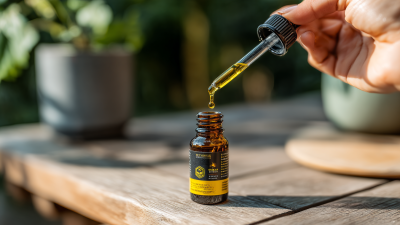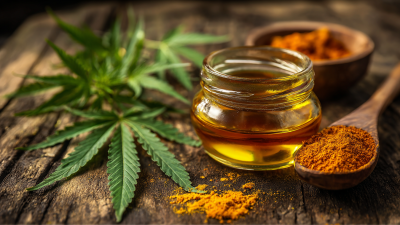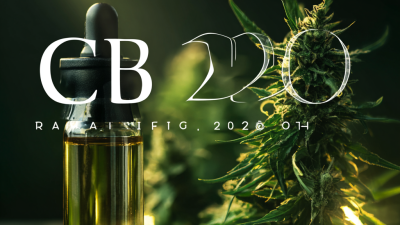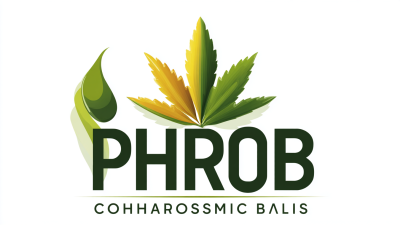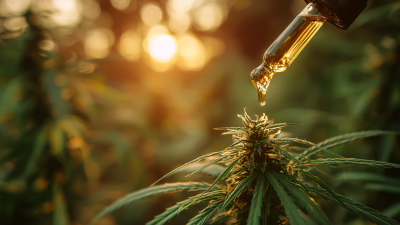CBD distillate has gained significant attention in the health and wellness industry due to its versatile applications and therapeutic potential. According to a report by the Brightfield Group, the CBD market is projected to reach $22 billion by 2022, with distillate products accounting for a considerable share as consumers increasingly seek out more potent and refined forms of CBD. As a highly concentrated extract, CBD distillate contains a broad spectrum of cannabinoids, and its purity makes it an excellent choice for both novice and seasoned users looking to enhance their wellness routines.
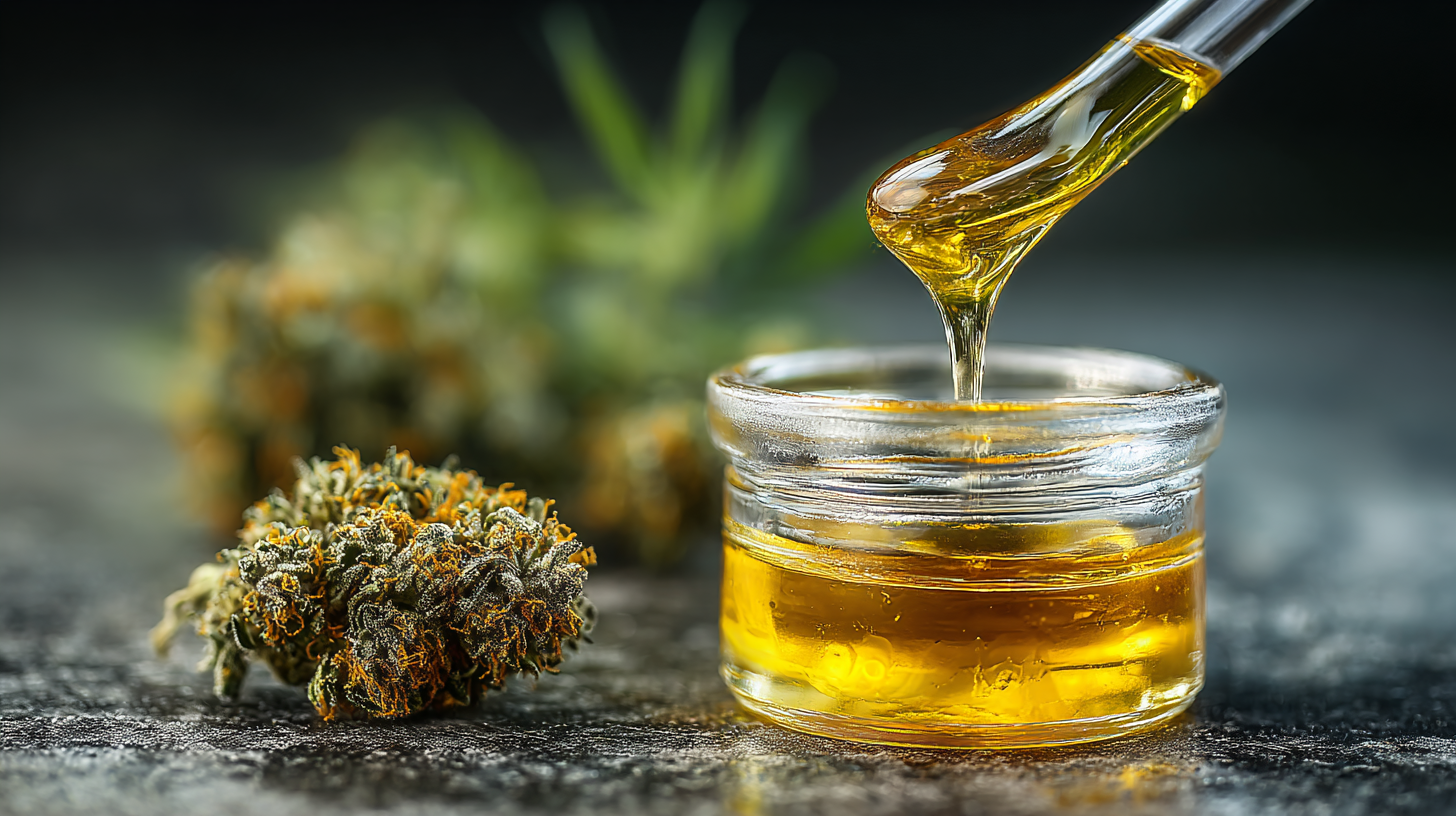
Additionally, a study published in the journal "Frontiers in Pharmacology" found that CBD can help manage anxiety, chronic pain, and inflammation, further solidifying the relevance of CBD distillate in therapeutic applications. Understanding how to effectively use CBD distillate can empower individuals to make informed decisions about their health, contributing to a growing movement towards natural and holistic wellness solutions.
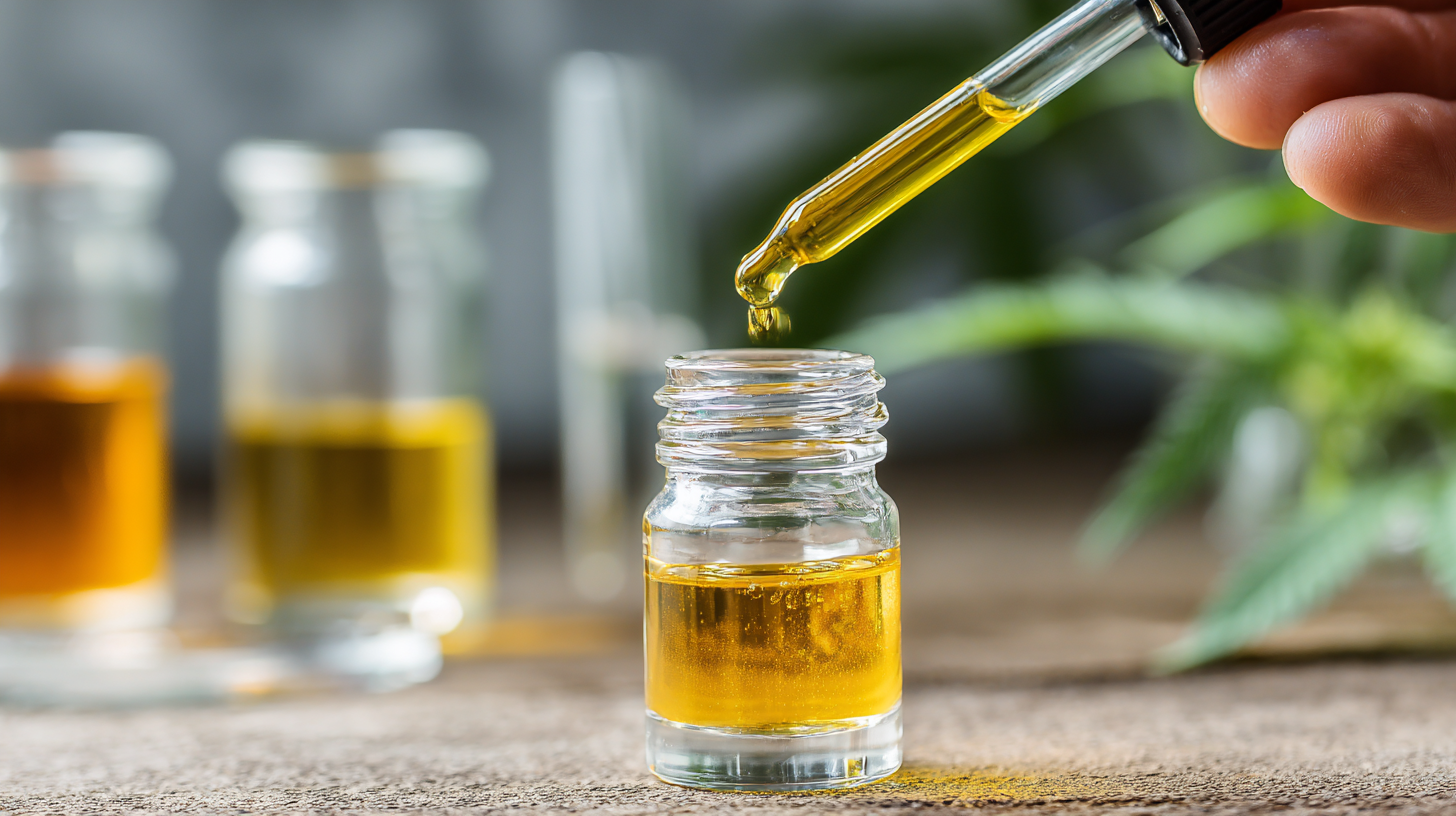 The global cannabidiol (CBD) market has witnessed remarkable growth, valued at approximately USD 6,997.9 million in 2023 and projected to reach around USD 20,691.5 million by 2031. This surge highlights the increasing interest in CBD distillate and its potential health benefits. CBD distillate, a highly refined form of CBD, retains a broad spectrum of cannabinoids, terpenes, and flavonoids that work synergistically to enhance its therapeutic effects. Users are turning to this extract for its purported relief from anxiety, pain, and inflammation, as well as its potential to improve overall wellness.
The global cannabidiol (CBD) market has witnessed remarkable growth, valued at approximately USD 6,997.9 million in 2023 and projected to reach around USD 20,691.5 million by 2031. This surge highlights the increasing interest in CBD distillate and its potential health benefits. CBD distillate, a highly refined form of CBD, retains a broad spectrum of cannabinoids, terpenes, and flavonoids that work synergistically to enhance its therapeutic effects. Users are turning to this extract for its purported relief from anxiety, pain, and inflammation, as well as its potential to improve overall wellness.
Despite the hype surrounding CBD products, it’s essential to differentiate between substantiated benefits and exaggerated claims. In a marketplace filled with various CBD-infused products—from skin care to dietary supplements—consumers should remain cautious about the efficacy advertised. Scientific studies are still evolving, and ongoing research is essential in understanding the true impact of CBD distillate on health. By focusing on credible sources and evidence-based research, individuals can make informed decisions as they explore the potential benefits of CBD in their wellness regimen.
When considering CBD products, it's essential to understand the differences between CBD distillate and other extracts, such as full-spectrum and broad-spectrum oils. According to a report by the Brightfield Group, the CBD market is anticipated to reach $23.7 billion by 2023, driven largely by the efficacy perceived by consumers. CBD distillate, which contains a high concentration of CBD (typically around 90-99%) and minimal THC, offers a potent option for those seeking the therapeutic benefits of CBD without the psychoactive effects.
In contrast, full-spectrum CBD products retain a variety of cannabinoids and terpenes found in the hemp plant, potentially enhancing the "entourage effect," a phenomenon where different compounds work synergistically to produce greater effects. Research published in the Journal of Pain Research indicates that full-spectrum extracts may be more effective for pain relief than isolate extracts. However, users who are sensitive to THC or wish to avoid it altogether may find broad-spectrum options more appealing, as these also provide a diverse range of cannabinoids without any THC. Hence, choosing between CBD distillate and other extracts largely depends on individual health goals and personal preferences regarding THC content and the desired intensity of effects.
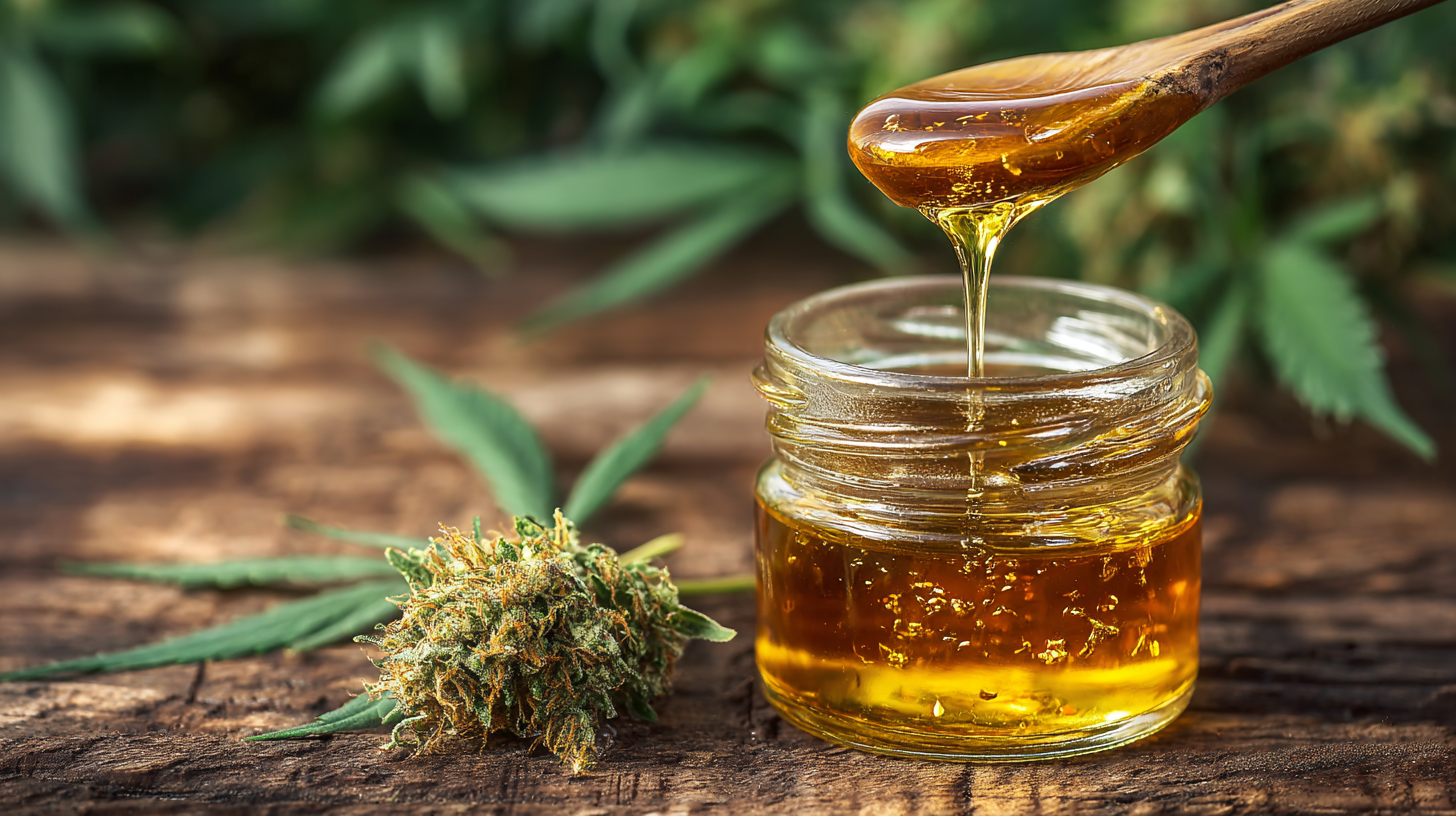
When considering the optimal dosage of CBD distillate for health benefits, it's important to recognize that individual needs can vary significantly. According to a report by the Hemp Industry Association, the general recommended dosage for CBD ranges from 5 to 30 mg per day, depending on the individual’s body weight, health objectives, and the specific condition being addressed. For instance, someone weighing around 150 pounds might start with a dose of 10-15 mg daily, gradually increasing until the desired effects are achieved.
Clinical studies have suggested that higher doses of CBD, up to 1500 mg per day, can be effective for particular conditions such as severe anxiety or chronic pain. A 2020 article published in the Journal of Clinical Psychology noted that doses around 300 mg were effective for anxiety management in clinical settings. However, it is crucial for users to consult with healthcare professionals prior to starting any CBD regimen, as factors like tolerance and potential interactions with medications should be considered to ensure safety and efficacy.
When it comes to harnessing the benefits of CBD distillate, the method of consumption plays a crucial role in maximizing its effects. There are several popular ways to use CBD distillate, each offering unique advantages. One of the most effective methods is sublingual administration. Placing CBD distillate under the tongue allows for quick absorption directly into the bloodstream, leading to faster results. This method is ideal for those seeking immediate relief from anxiety, pain, or inflammation.
Another popular consumption method is adding CBD distillate to food and beverages. This allows users to integrate CBD into their daily routine effortlessly. When cooking with CBD, it's essential to keep the temperature low to preserve the beneficial compounds. Additionally, consider creating infused oils or butter, which can then be used in various recipes. This approach not only adds a healthy boost to your meals but can also create a delightful experience.
**Tips:** Always start with a low dose when using CBD distillate in your recipe, gradually increasing as needed based on how your body responds. When using it sublingually, holding the distillate under your tongue for at least 60 seconds can enhance absorption. Lastly, ensure that the CBD distillate you're using is of high quality to experience its full benefits.
When considering the use of CBD distillate for health and wellness, it's essential to be aware of safety and legal considerations. First, it is crucial to understand the sourcing and quality of the CBD distillate you plan to use. Look for products that are third-party tested to ensure they are free from harmful pesticides, heavy metals, and other contaminants. High-quality CBD distillate should also contain a certificate of analysis, verifying the potency and purity of the product.
Moreover, the legal landscape surrounding CBD can vary significantly depending on your location. In many places, CBD derived from hemp containing less than 0.3% THC is legal, but state regulations can differ. It is advisable to familiarize yourself with local laws and regulations before purchasing or using CBD distillate. Additionally, consult with a healthcare professional, especially if you have existing health conditions or are taking other medications, as CBD can interact with certain prescriptions. This proactive approach ensures that you can safely incorporate CBD distillate into your health regimen while remaining compliant with the law.
| Aspect | Details |
|---|---|
| Type | CBD Distillate |
| Extraction Method | CO2 Extraction |
| Purity Level | 90-99% CBD |
| THC Content | Non-detectable (<0.3%) |
| Health Benefits | Anxiety relief, pain management, anti-inflammatory effects |
| Consumption Methods | Sublingual, edibles, topicals, vaping |
| Dosage Considerations | Start with a low dose and gradually increase |
| Legal Status (USA) | Federally legal if sourced from hemp with <0.3% THC |
| Safety Concerns | Potential drug interactions; consult a healthcare professional |

